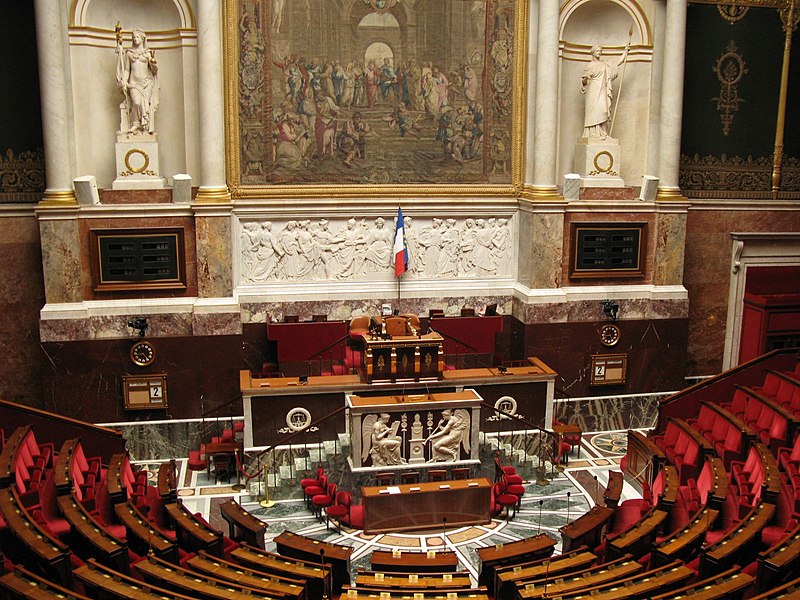
Rising public debt, inflation, rising interest rates, and sluggish growth: indicators for the French economy are all in the red. The country is no longer in a position to make big
promises, and it's time for political leaders to take heed.
France's 2024 finance bill, presented to the Council of Ministers on Wednesday, September 27, at the same time as the social security bill, will have to solve a particularly difficult budgetary equation. Rising public debt, persistent inflation, rising interest rates, and sluggish growth: In the space of a few months, all the indicators for the French economy have gone into the red, leaving the government very little room for maneuver when balancing dwindling revenues and out-of-control spending.
The new minister of public accounts, Thomas Cazenave, has set himself three priorities: to invest massively in the environmental transition, strengthen public services that help with social cohesion, and reduce the public deficit to fund priority investments. In other words, to try and square the circle.
The difficulty will continue well beyond 2024, as the government is also trying to pass a law on public finance planning, which will put in place a budget plan up until 2027. Although its adoption is a prerequisite to get access to European recovery funds, by the end of 2022, the bill still didn't have majority backing. The new version, which is currently being examined by the Assemblée Nationale and is slightly more stringent than its predecessor, is unlikely to find any more support from the opposition than the last version. The government will probably have to draw its 49.3 weapon (a legal provision that allows the government to force through a law without a vote) – the first of many to be used on budget bills.
This reveals France's delicate position in relation to its European partners: by planning to reduce its public deficit to below 3% by 2027, France will be the last member state to do so. It is heading down this path without a political consensus and with no guarantee of success. Managing to make annual savings of €12 billion and stabilizing overall public spending as the government announced is a tall order. It also may not be enough: In the eyes of the High Council of Public Finances, this new version "still lacks credibility".
A ball and chain for the future After years of a "whatever it takes" approach and historically low interest rates, the change of era is brutal. It's time for all political leaders to finally take notice. The €3 trillion of debt accumulated over the last few decades are a millstone around our necks, regardless of the political leanings of those in power. Repaying this debt will weigh a little more heavily on the budget every year. As a result of rising interest rates, the debt burden is exploding. By 2027, it will have doubled to over €80 billion, making it the largest budget item ahead of education.
As a result, the country is no longer in a position to make lofty promises: lower taxes (as Marine Le Pen is demanding), higher spending (as the left is calling for), or massive tax cuts (as the right is demanding). The government, too, finds itself weakened by its promise not to raise taxes come what may, while a pile of investments in the environmental transition and health, education, and defense sectors still have to be funded. To find a way through all of this, everyone is going to have to revisit what they take for granted and abandon political positions that are miles away from the reality of the country's finances. Photo by Coucouoeuf, Wikimedia commons.








































